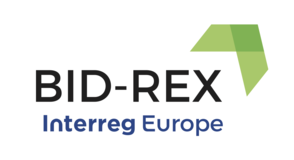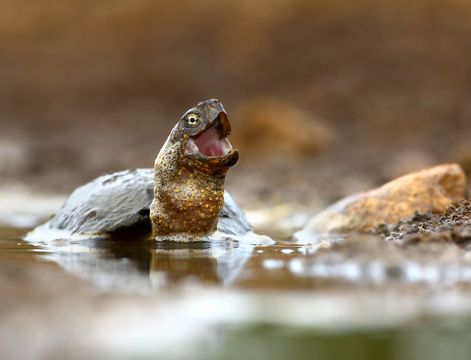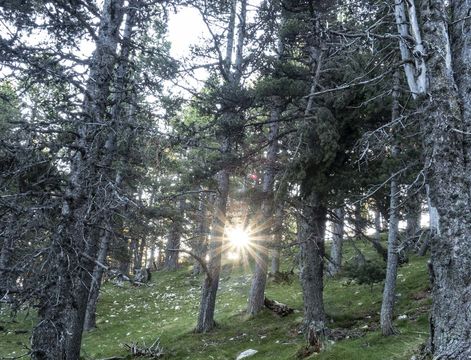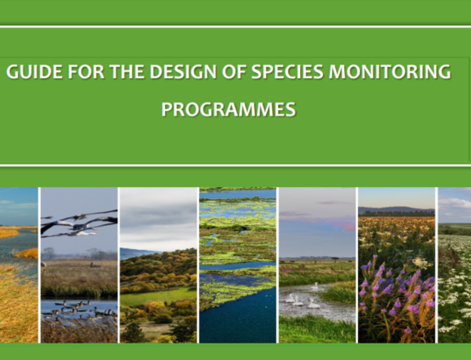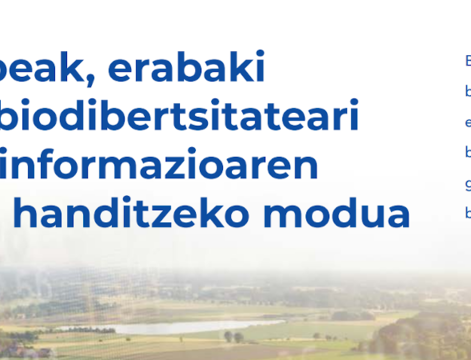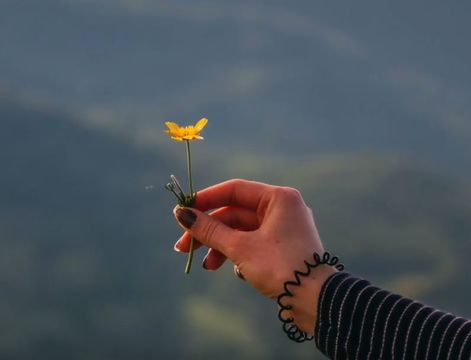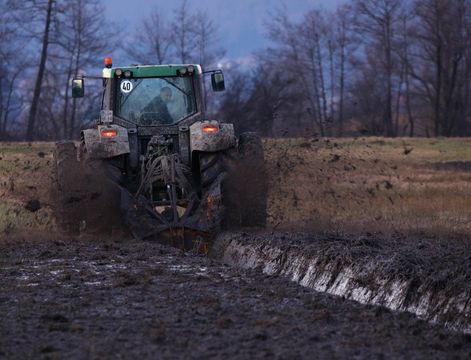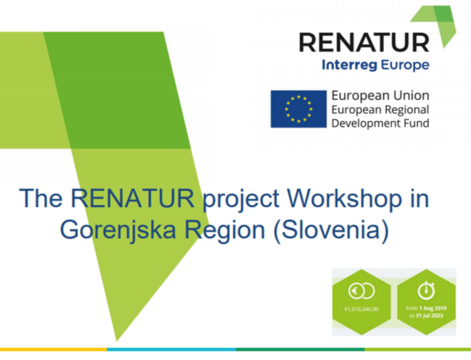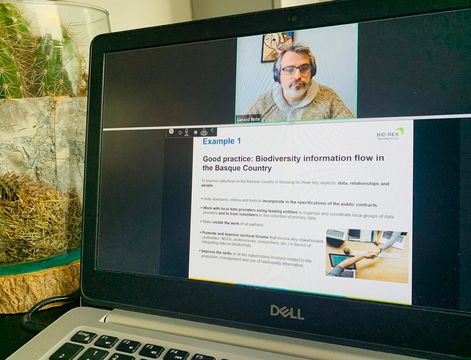On 22-23 November, the BID-REX team took part in the thematic workshop on Natural Heritage, held in Bucharest, Romania and organised by the Policy Learning Platform. Lorenzo Federiconi and Claudio Zabaglia, from Marche Region, and Núria Pou, from the Forest Sciences Centre of Catalonia, attended the event.
The workshop brought together partners of Interreg Europe projects to discuss the latest developments in the topic and how Interreg Europe projects can contribute to regional efforts towards better protection and management of natural heritage assets. Representatives of eleven Interreg Europe projects, the Interreg Europe Secretariat and the European Commission Directorate-General for Environment participated in the event.
The first day focused on relevant good practices provided by Interreg Europe projects. In this session, Núria Pou introduced SITxell, a Catalan project identified as an inspirational experience by BID-REX partners. This session also provided an opportunity to better understand how the Interreg Europe programme and Policy Learning Platform are tackling the topic.
On day two, attendees were split into three small working groups: Governance, Landscapes and Green Infrastructure and Natural Heritage. BID-REX partners were involved in Groups 1 and 2.
In Group 1, Lorenzo Federiconi found synergies between the BID-REX project and the BIOGOV project, which explores the improvement of participatory governance in policies related to biodiversity and natural heritage.
In Group 2, Claudio and Núria found the approach of PERFECT very inspiring. PERFECT developed an expert paper to reinforce the link between natural heritage preservation and its social benefits regarding economy, health and happiness. Another interesting experience was a game that facilitates city planning, with green infrastructure in mind.

The thematic workshop was the first concrete opportunity for Interreg Europe projects dealing with natural heritage to exchange approaches and practices, and discuss ideas and actions for future cooperation.
The main conclusions of the thematic workshop are available here.
